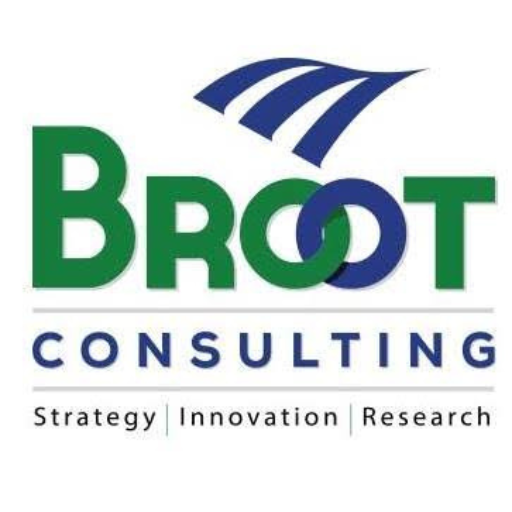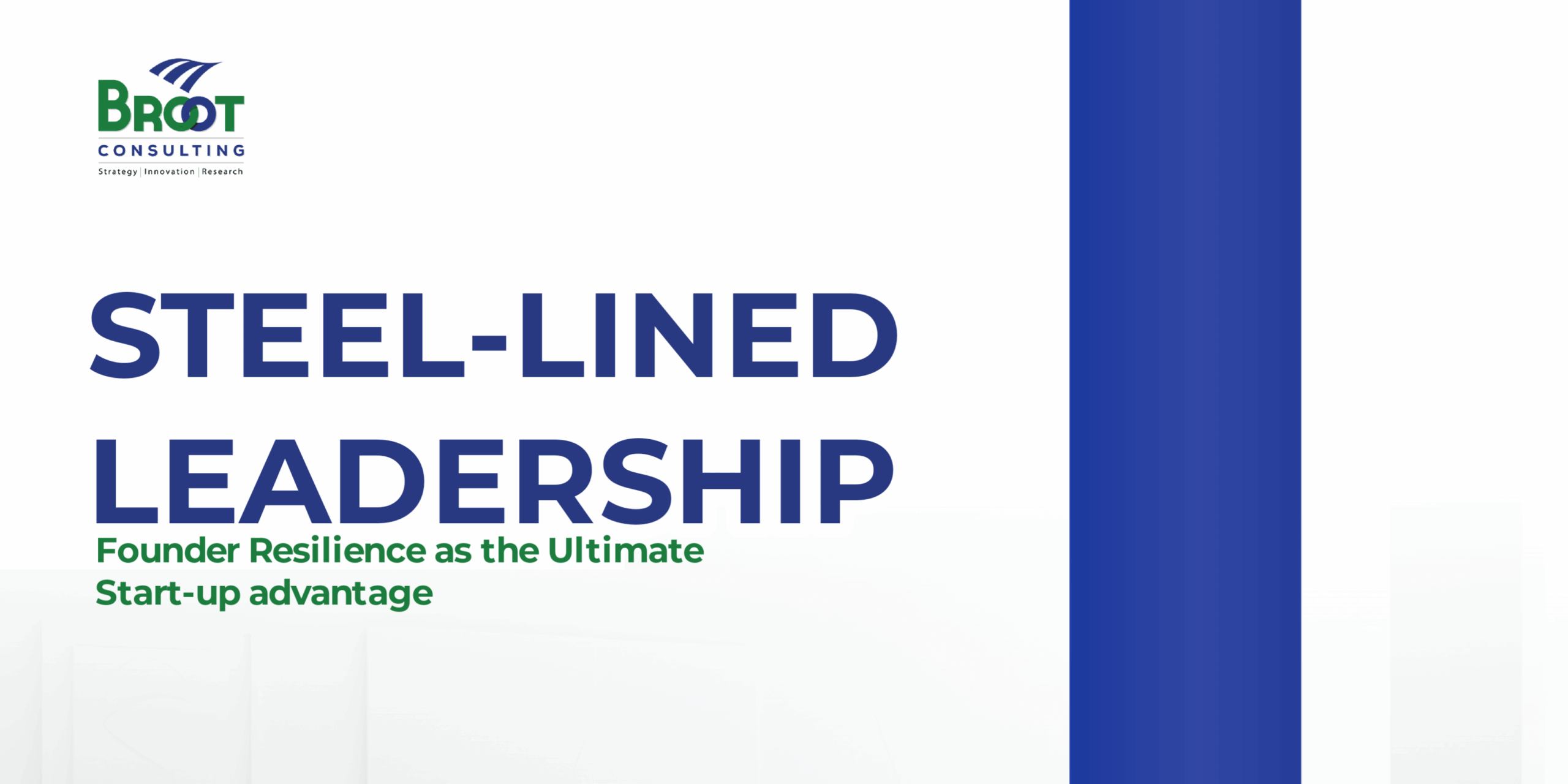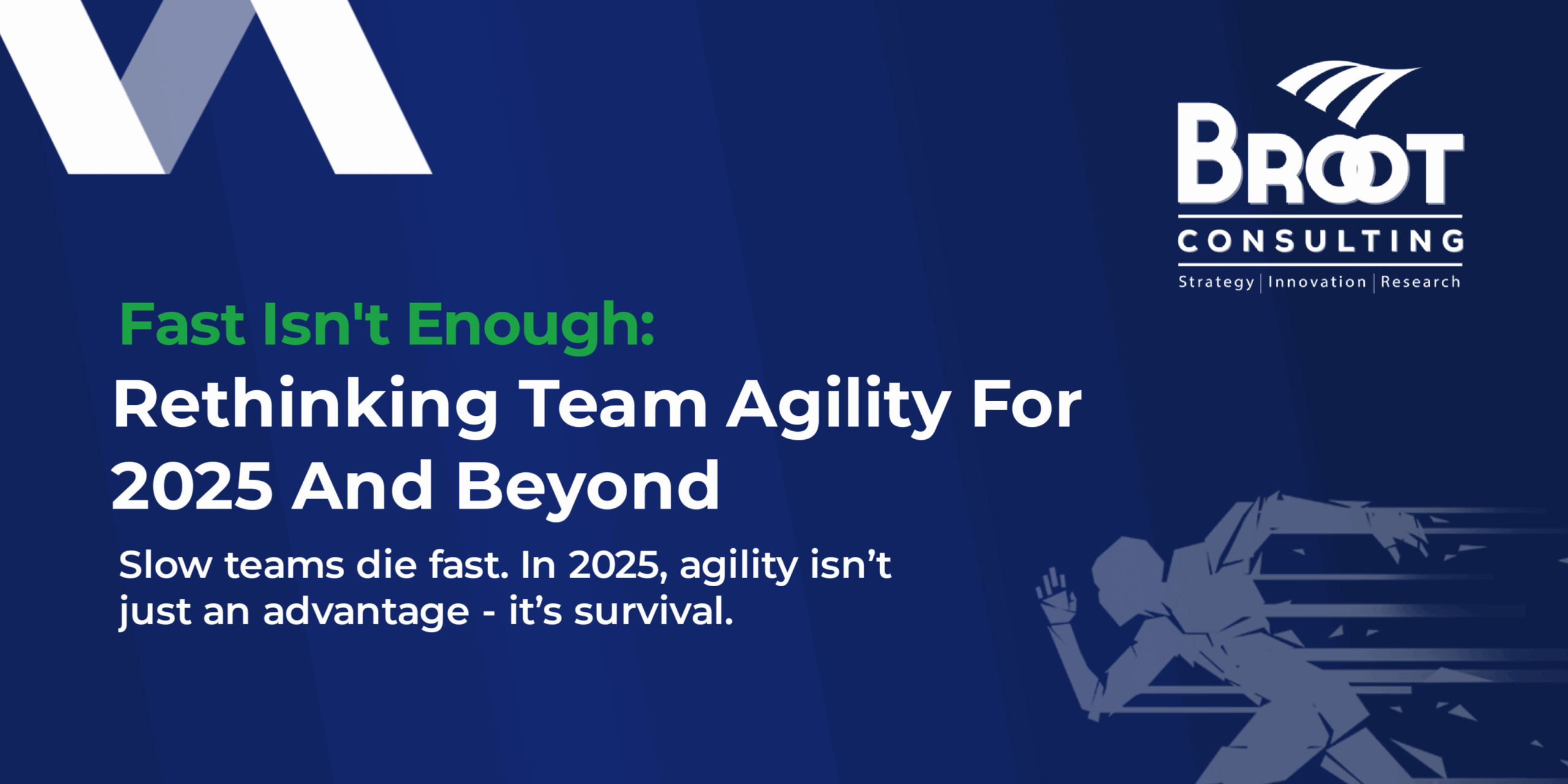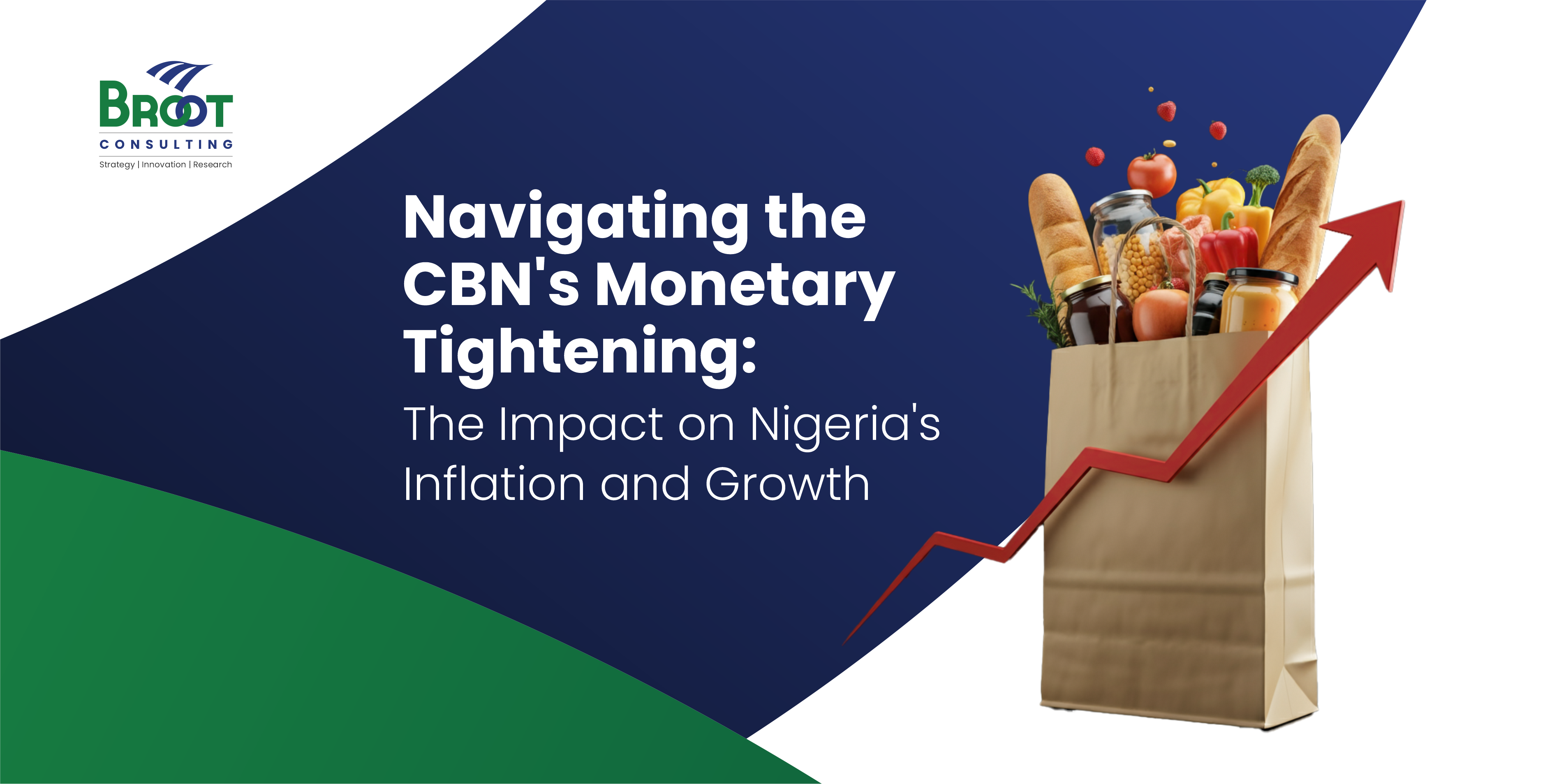“Remember that your past successes may lead to your future failure. However, if you learn a lesson from every failure then you may ultimately succeed” – Jack Ma
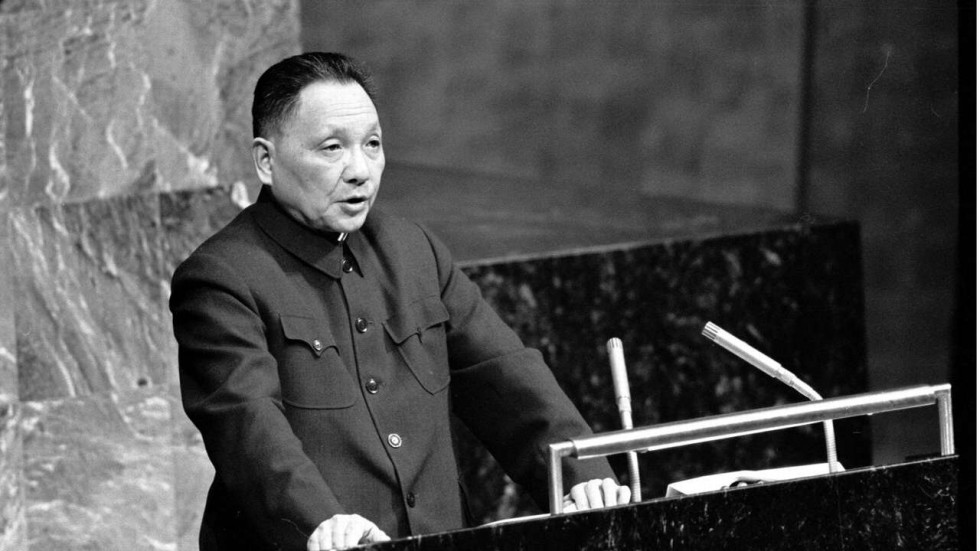 The need for radical transformation may sometimes seem obvious but how about the leadership ecosystem required to achieve it? Can every leader lead radical thinking that will achieve breakthrough transformation? A McKinsey report shows that 70% of all transformation initiatives fail. Why is this so? What distinguishes the unsuccessful 70% from the successful 30%?. What do these successful radical transformation leaders have in common? In my previous article, I examined how China achieved an amazing transformation. In this follow up article, we want to examine the type of leadership that could give an organisation, a radical transformation that leads to competitive advantage. China’s economic and political transformation began when Xiaoping Deng at the age of 74years became the Preeminent Leader of China in 1978. Before that time, every attempt to achieve radical transformation only led more people to abject poverty and the continued isolation of China. Deng introduced a new thinking called “Reform and Opening up”. The concept was not just a mere sloganeering; it was backed with deliberate actions and personal commitment of the entire ecosystem of Chinese leadership.
The need for radical transformation may sometimes seem obvious but how about the leadership ecosystem required to achieve it? Can every leader lead radical thinking that will achieve breakthrough transformation? A McKinsey report shows that 70% of all transformation initiatives fail. Why is this so? What distinguishes the unsuccessful 70% from the successful 30%?. What do these successful radical transformation leaders have in common? In my previous article, I examined how China achieved an amazing transformation. In this follow up article, we want to examine the type of leadership that could give an organisation, a radical transformation that leads to competitive advantage. China’s economic and political transformation began when Xiaoping Deng at the age of 74years became the Preeminent Leader of China in 1978. Before that time, every attempt to achieve radical transformation only led more people to abject poverty and the continued isolation of China. Deng introduced a new thinking called “Reform and Opening up”. The concept was not just a mere sloganeering; it was backed with deliberate actions and personal commitment of the entire ecosystem of Chinese leadership.
Laying the Foundation for Radical Transformation
The actualisation of radical transformation is impossible in an organisation that lacks the capacity and ability to entrench the new radical thinking because such an organisation will experience a misalignment of its culture and with the mission. To achieve transformation in today’s global economy, organisations and society must develop the capability that promotes a new level of thinking. Leaders must articulate and demonstrate a clear understanding of what must be achieved; for Deng, it was Reforms and Opening Up! To accomplish this, he embarked on a well thought out plan that continuously challenged the status quo and re-orientated the citizens towards the new thinking. A new thinking is impossible to adopt in an old, outdated and narrow knowledge, it is for this reason that Chinese government chose to cross-breed knowledge by embarking on an aggressive development of her human resource capability across the globe.
What type of Leaders Achieve Radical Transformation?
Transformation initiatives fail because the leader’s ecosystem is poorly designed and resulted in misalignment. Not all leaders can achieve transformational growth. The kind of leadership team required in a situation where radical transformation is needed is a leadership system that is strong, committed, cohesive and smart. Deng provided leadership that conferred the right mindset on his people. He provided leadership that made the people of China believe in themselves and take pride in their achievements. The quality of leadership in an organisation or society determines its ability to achieve radical transformation. Deng was intelligent and brilliant; he was always on top of his class. His ingenuity is not in doubt; he learned to keep information in his mind, he was able to memorise and recite long passages of texts in order not to leave any paper trail. According to Ezra Vogel, the author of Deng Xiaoping and the Transformation of China, Deng was able to deliver a well-thought-through and well-organised hour-long lectures without notes. Chairman Mao once called him a walking encyclopedia. Such intellectual sagacity is required to lead any meaningful transformational projects.
Any leader that intends to lead out in any transformation effort should exhibit the following:
- Be able to articulate the aspiration carefully: Leaders must be able to convincingly articulate the vision, why it must be achieved and how it can be achieved and the expected attributes required for the achievement.
- Adopt the global good concept: leadership must embrace the global good concept. This I define as the intention to make leadership work for the good of everyone. If the transformation agenda eliminate, suppress or unduly elevate some category of people, then such program is bound to fail. A human-centred and inclusive approach is required for a successful transformational program. A concept that places doing good for all, above serving the interest of the privileged minority will receive the buy-in of the implementors. Deng’s colleagues observed that he was determined to do what was good for the party and the country and not what was good for his cronies. Radical transformation is unachievable in a place where nepotism and undue favouritism thrives.
- Show authenticity and pragmatism: to lead out in the work of transformation, the entire leadership team must be seen to be credible, pragmatic and show a strong sense of direction. Deng had a listening skill and was ever willing to learn.
- Have strong personal commitment: the leadership team must exhibit an unquestionable personal commitment and discipline towards the set transformation agenda. There must be a willingness to execute the agenda in an unbiased way. Deng made it clear to all his lieutenants that he did not represent one locality, one faction, or one group of friends. His closest colleagues were those who stand for the common good of China.
- Willingness to build strong capabilities: no organisation or nation can develop beyond the capacity of its people. China embarked on the aggressive capacity development of its human resource. It adopted a policy that allowed Chinese travel far and wide in search of knowledge, which they later applied to build every sector of their society. Educational expansion played a prominent role in transforming China into a strong and prosperous country.
- Be intently focused and committed to the big picture: leaders can easily be distracted and have their vision derailed by the tyranny of urgencies and issues that have no strategic bearing. Focusing on these minute issues will lead to micromanagement, and makes leaders lose focus of the big picture. Deng provided authentic leadership with a strong sense of direction and he is not one to micromanage. In 1984 when China economy began to witness an unprecedented growth, he said ”I am a layman in the field of economics, I proposed China’s economic policy of opening to the outside world, but as for the details or specifics of how to implement it, I know very little indeed. The type of leaders needed for radical transformation is such that assemble the right mix of subordinates who can implement the details.
- Understand the inseparability of personal identity and organisational identity: the entire leadership must take up with pride the corporate identity and know that separation between their personal and organisational identity has no place in the transformation agenda. When personal identity is elevated and celebrated above the national or organisational identity, the transformation agenda will be impaired.
- Be approachable: bright ideas and suggestion will slip by an unapproachable leader. Deng achieved success because he put people at ease. His colleagues and ordinary citizens adjudged him to be more approachable than Chairman Mao, and they are so much at ease with him that they could call him by his first name “Xiaoping.”
Conclusion
Any society or organisation that aspire to achieve and sustain any meaningful development need pragmatic and exceptional leaders. Show me a successful radical transformation and I will show you a committed leader or groups of leaders. For such level of transformation, leaders who are not just brilliant and charismatic but committed, disciplined, approachable and who desire the greater good of the society or their organization is a requirement. Leaders who understand that his or her commitment and integrity is insufficient to make an impactful change, hence, personal discipline, integrity and, the dedication of the entire leadership ecosystem becomes necessary.
 Olukunle A. Iyanda, Ph.D., FCA, MBA
Olukunle A. Iyanda, Ph.D., FCA, MBA
Founder/Chief Executive Officer, BROOT Consulting
iyanda@brootc.com
